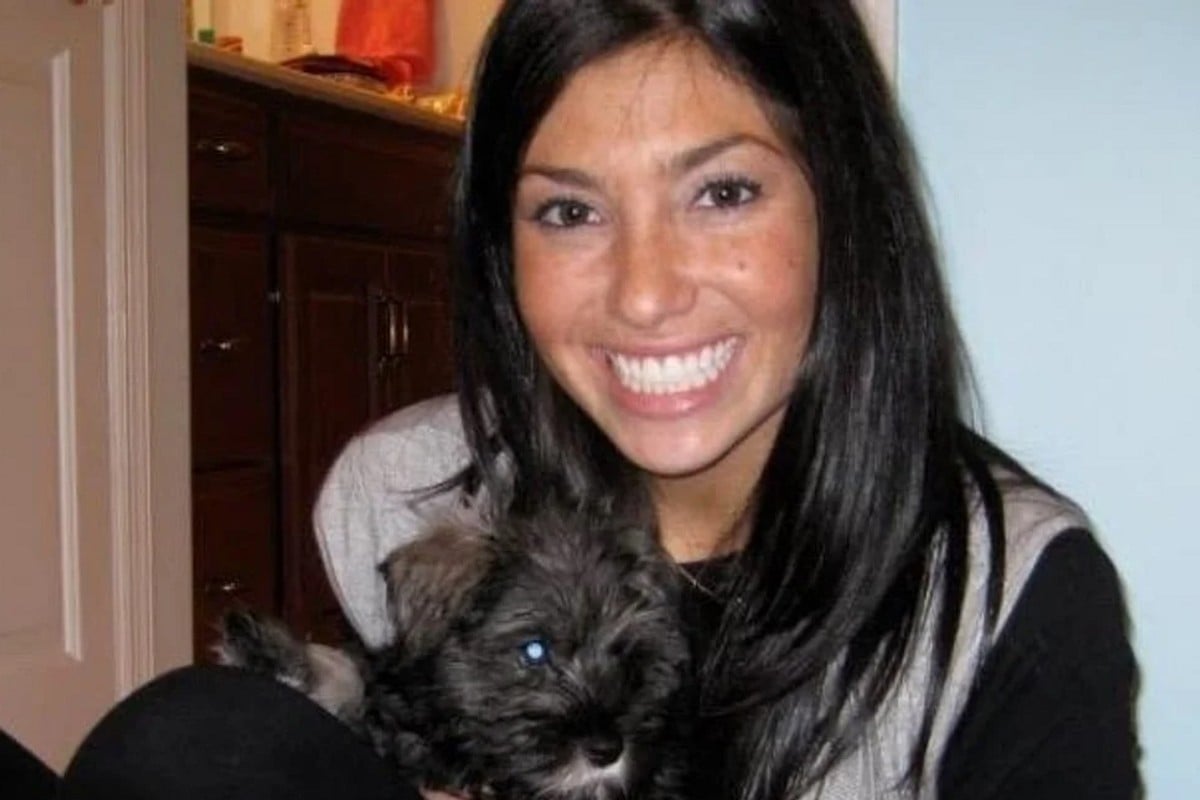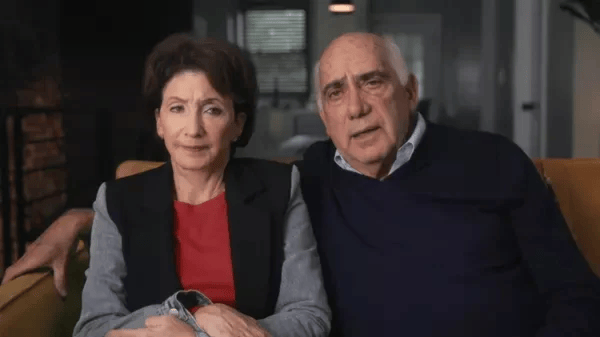
On January 26, 2011, at 6:30pm, Sam Goldberg frantically called emergency services.
"I just walked into my apartment; my fiancée's on the floor with blood everywhere," he told the dispatcher.
Then, more than two minutes later, he added a detail that would haunt the case for more than a decade: "A knife was sticking out of Ellen's chest."
When the operator pressed him for clarification, he insisted, "She stabbed herself!" before revising his claim: "She fell on a knife."
The next day, Dr. Osbourne conducted an autopsy and noted something alarming: Ellen Greenberg, a 27-year-old school teacher, had suffered 20 stab wounds, including multiple to the back of her neck.
She also had 11 bruises in various stages of healing. Osbourne initially ruled her death a homicide, writing that she had been "stabbed by another person".
Yet the Philadelphia police saw things differently, and approached the case as a suicide from the outset. Their reasoning? Ellen had been found alone in her locked apartment, with no sign of forced entry.
"After Sam spoke with the detectives, they believed Ellen was experiencing mental health issues," a neighbour recalled from conversations that evening. "So instead of investigating this, they called it a suicide on scene."
The new Disney+ documentary Death in Apartment 603: What happened to Ellen Greenberg? investigates Ellen's death and raises serious questions about the investigation itself, including critical decisions around holding the crime scene and the ruling of suicide.































































































